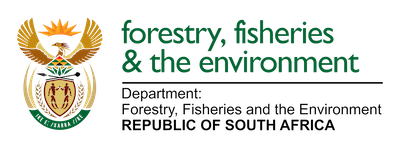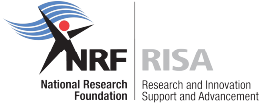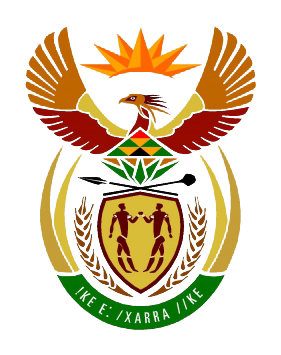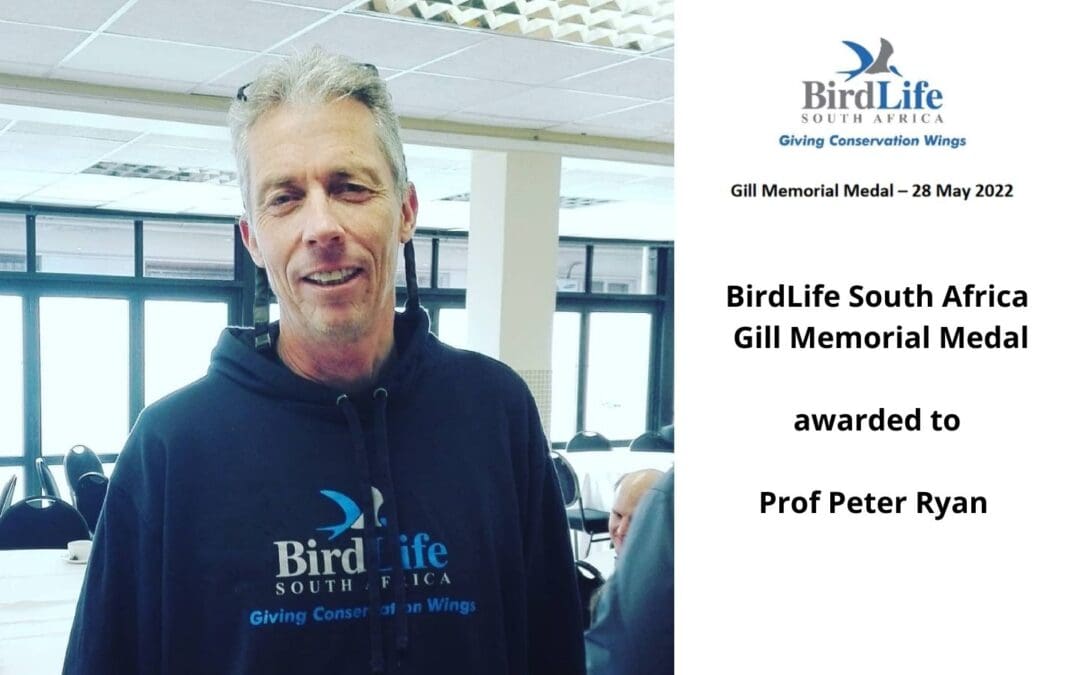
by Ria Olivier | May 31, 2022 | Announcement, Gough Island, Marion Island, News, Prince Edward Island, SANAP, Science, Southern Ocean, sub-Antarctic, Tristan da Cunha
Congratulations to Prof Peter Ryan, awarded with the BirdLife South Africa Gill Memorial Medal, for an outstanding lifetime contribution to ornithology in southern Africa.
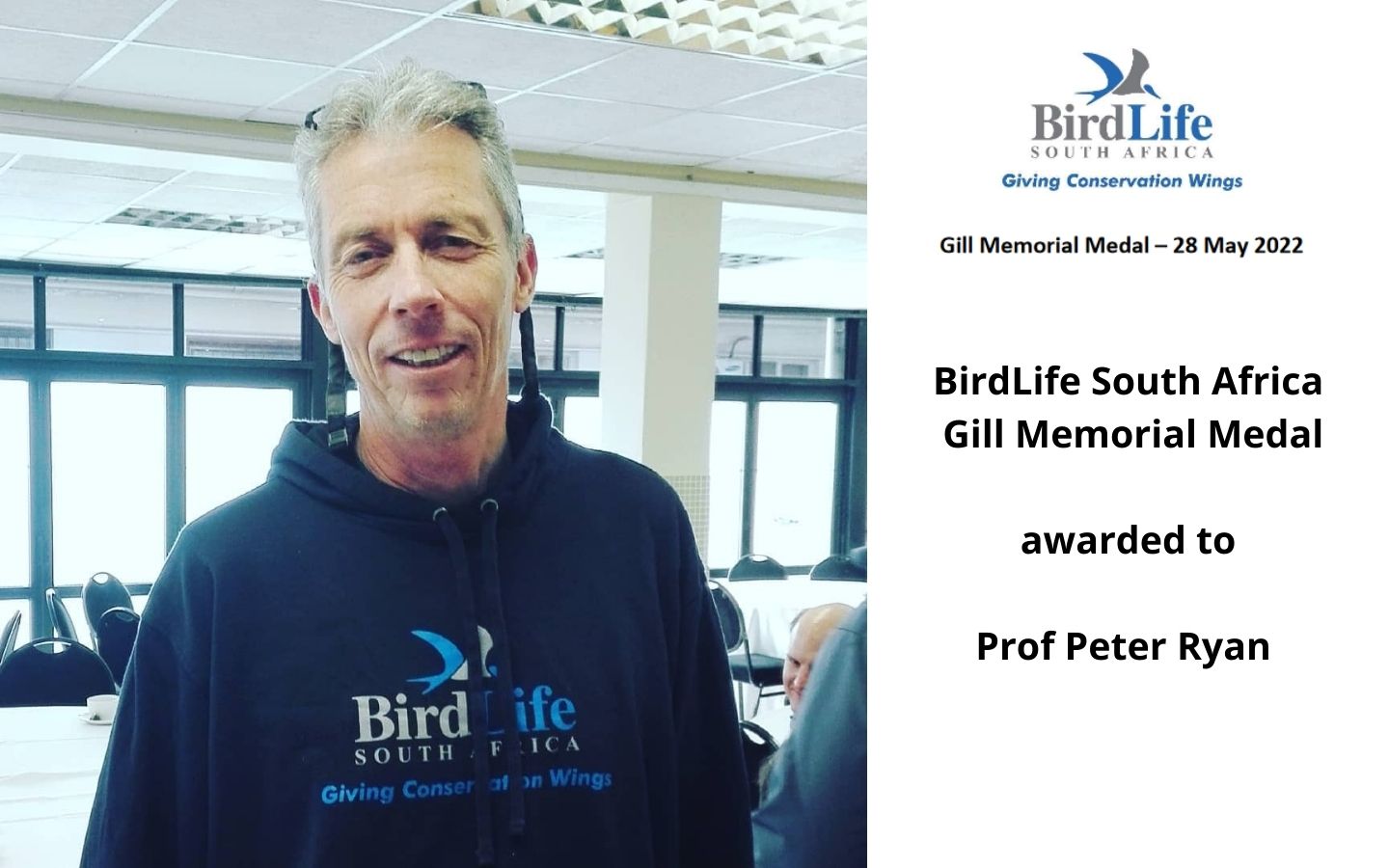
Prof Ryan, an A-rated Ornithologist and Director of the Percy FitzPatrick Institute of African Ornithology at the University of Cape Town, has been part of the South African National Antarctic Programme for more than two decades, doing research on seabirds breeding on Marion Island and the Tristan archipelago, which includes Gough Island. Prof Ryan’s latest research within SANAP is focused on “Avian scavengers as indicators of recovery of an island biota”, co-led with Dr Maëlle Connan (Research Fellow in the Marine Apex Predator Research Unit, Nelson Mandela University). Click here to read more about this project.
He is the author and co-author of a number of books on seabirds and the sub-Antarctic islands. Here is his latest publication: Guide to Seabirds of Southern Africa.
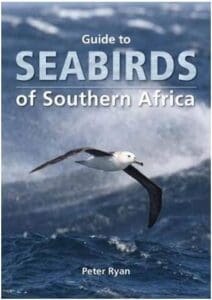
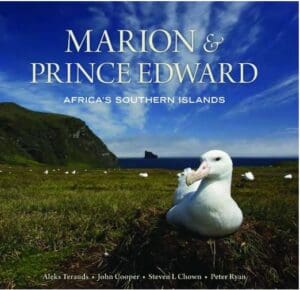
The Citation for Prof Ryan’s award – Click here.
In 2012, John Cooper, who was extensively involved in long-term seabird monitoring studies on Gough and Marion islands since the 1980s, received this award for his outstanding contribution to ornithology in southern Africa.
Featured Image: Prof Peter Ryan at the 5th SANAP Symposium (2018) in Hermanus, where he presented his work on “Plastics in Antarctica – preliminary findings from the Antarctic Circumnavigation Expedition (ACE).
Anche Louw, Antarctic Legacy of South Africa, 31 May 2022
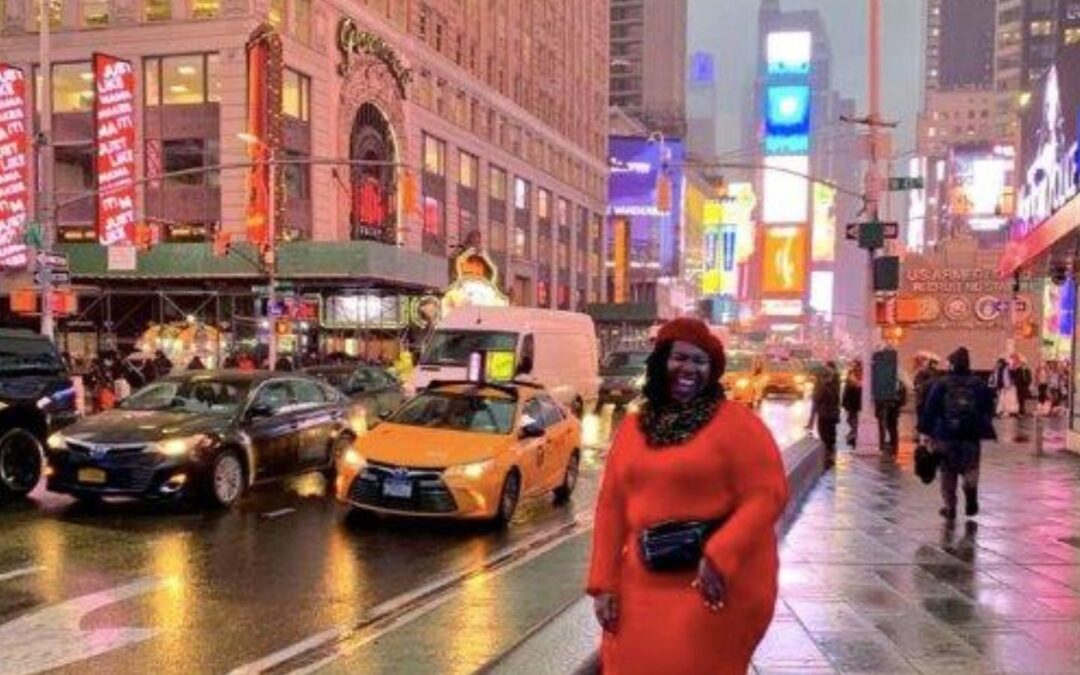
by Ria Olivier | Mar 21, 2020 | Research, SANAP, SANAP Student, Science, Southern Ocean, Women in Science
Every year new students are joining the South African National Antarctic Programme(SANAP). As Saturday is probably the time to break from studies, our first “Saturday Student” in the Mid-Month series is Kolisa Yola Sinyanya or for those who are familiar with Twitter, @Kolie_Yola. I think there are not many students out there with 7070 followers (during writing of this article) – but Kolisa does. She joined the Antarctic Legacy of South Africa (ALSA) Project and contributes towards our social media campaign, therefore letting more people know about South Africa’s involvement in the Antarctic and Southern Ocean region. Upon joining ALSA, Kolisa was set to be part of the South African group to attend the SCAR biennial conference in August 2020 in Hobart, Australia(but now cancelled).
probably the time to break from studies, our first “Saturday Student” in the Mid-Month series is Kolisa Yola Sinyanya or for those who are familiar with Twitter, @Kolie_Yola. I think there are not many students out there with 7070 followers (during writing of this article) – but Kolisa does. She joined the Antarctic Legacy of South Africa (ALSA) Project and contributes towards our social media campaign, therefore letting more people know about South Africa’s involvement in the Antarctic and Southern Ocean region. Upon joining ALSA, Kolisa was set to be part of the South African group to attend the SCAR biennial conference in August 2020 in Hobart, Australia(but now cancelled).
 She is a PhD candidate in Oceanography at the University of Cape Town (UCT). Her PhD research is part of a growing body of work that critically examines bio-geochemical cycling in the ocean, particularly regions that are currently under-sampled. The research aims involve exploring phytoplankton community dynamics and microbe-nutrient interactions in the Indian Ocean, including subtropical and Southern Ocean waters. To date, Kolisa has been awarded the Advancing Womxn Fellowship in the Department of Oceanography awarded under the “For womxn by womxn: conducting research in a field in which womxn are in short supply” category of a new initiative at UCT championed by the Office of the Vice-Chancellor. She is one of the researchers who were on 5-week cruise to Marion Island in the Sub-Antarctic Indian Ocean in 2017.
She is a PhD candidate in Oceanography at the University of Cape Town (UCT). Her PhD research is part of a growing body of work that critically examines bio-geochemical cycling in the ocean, particularly regions that are currently under-sampled. The research aims involve exploring phytoplankton community dynamics and microbe-nutrient interactions in the Indian Ocean, including subtropical and Southern Ocean waters. To date, Kolisa has been awarded the Advancing Womxn Fellowship in the Department of Oceanography awarded under the “For womxn by womxn: conducting research in a field in which womxn are in short supply” category of a new initiative at UCT championed by the Office of the Vice-Chancellor. She is one of the researchers who were on 5-week cruise to Marion Island in the Sub-Antarctic Indian Ocean in 2017.
Kolisa has a passion for learning science and for sharing her science, and her PhD has allowed Kolisa to engage  in effective science communication through public speaking, scientific writing and television features. In February of 2020, she presented one of her PhD chapters at Ocean Sciences Meeting in San Diego, USA. Towards the end of 2019, the new Advancing Womxn: Ocean Womxn Fellowship at UCT recruited Kolisa to run and manage their social media accounts as a science communicator. She was one of the invited African scientists who gave ocean and climate change related talks at #VirtualBlueCOP25. In the same year Kolisa was nominated as one of the Inspiring Fifty Women in STEM South Africa and became a Black Women in Science South Africa 2019 fellow. Kolisa was the first PhD candidate in history to be selected by the Oceanography Department’s head of department (HoD), Professor Isabelle Ansorge to stand in for her as acting HoD at a departmental graduation ceremony in 2019.
in effective science communication through public speaking, scientific writing and television features. In February of 2020, she presented one of her PhD chapters at Ocean Sciences Meeting in San Diego, USA. Towards the end of 2019, the new Advancing Womxn: Ocean Womxn Fellowship at UCT recruited Kolisa to run and manage their social media accounts as a science communicator. She was one of the invited African scientists who gave ocean and climate change related talks at #VirtualBlueCOP25. In the same year Kolisa was nominated as one of the Inspiring Fifty Women in STEM South Africa and became a Black Women in Science South Africa 2019 fellow. Kolisa was the first PhD candidate in history to be selected by the Oceanography Department’s head of department (HoD), Professor Isabelle Ansorge to stand in for her as acting HoD at a departmental graduation ceremony in 2019.
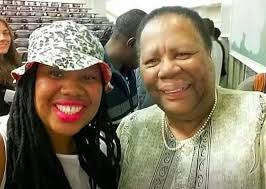 She has taken part in several science communication activities, including FameLab Cape Town, the biggest science communication competition in the world, where she was the Cape Town national runner up. Other thought- and conversation-provoking science communication engagements in which Kolisa has participated in are Pint of Science South Africa and TEDxUCT. Moreover, she presented the preliminary findings of her Agulhas System Climate Array (ASCA) research at the 2018 SANAP Symposium. Kolisa’s work has also been documented in the academic communication magazine, The Conversation Africa. She’s committed to increasing the visibility of women in STEM and runs a blog called Women In Science Hub where she write about conversations she has with women who are making waves in the world of STEM. In 2018, Kolisa had the privilege to be interviewed as a woman in science under the theme “#SHEsInSTEM” by the women’s organisation, Young&BosSHE, based in the United States. In 2019, her sci comm work was featured by Crastina in Sweden under the theme Science Communication Africa. As a student leader, she was invited by the Vice-Chancellor of the University of Cape Town, Professor Mamokgethi Phakeng, to participate in a Women’s Day discussion on Power FM about South African universities. In 2019 she was invited for live interviews twice by Cape Town TV to speak about Oceanography and on Women’s Month to speak about being a black woman in STEM. Visit Kolisa’s budding YouTube channel and leave a comment.
She has taken part in several science communication activities, including FameLab Cape Town, the biggest science communication competition in the world, where she was the Cape Town national runner up. Other thought- and conversation-provoking science communication engagements in which Kolisa has participated in are Pint of Science South Africa and TEDxUCT. Moreover, she presented the preliminary findings of her Agulhas System Climate Array (ASCA) research at the 2018 SANAP Symposium. Kolisa’s work has also been documented in the academic communication magazine, The Conversation Africa. She’s committed to increasing the visibility of women in STEM and runs a blog called Women In Science Hub where she write about conversations she has with women who are making waves in the world of STEM. In 2018, Kolisa had the privilege to be interviewed as a woman in science under the theme “#SHEsInSTEM” by the women’s organisation, Young&BosSHE, based in the United States. In 2019, her sci comm work was featured by Crastina in Sweden under the theme Science Communication Africa. As a student leader, she was invited by the Vice-Chancellor of the University of Cape Town, Professor Mamokgethi Phakeng, to participate in a Women’s Day discussion on Power FM about South African universities. In 2019 she was invited for live interviews twice by Cape Town TV to speak about Oceanography and on Women’s Month to speak about being a black woman in STEM. Visit Kolisa’s budding YouTube channel and leave a comment.
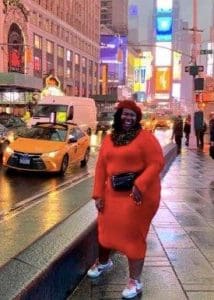 Kolisa is also a fun loving, unconventional and free-spirited woman who has a passion for advancing the lives of others, especially young women and girls from all walks of life. Her message to fellow students:
Kolisa is also a fun loving, unconventional and free-spirited woman who has a passion for advancing the lives of others, especially young women and girls from all walks of life. Her message to fellow students: 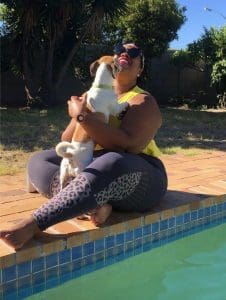
- Believe in your contributions because no one else is like you, you bring to the table a combination of things the next person will not.
- Be in love with and have passion for your career because if you don’t your path within that career will be a chore.
- Never give up because winners never quit, and quitters never win.
- Go for your dreams. Never let anything/anyone discourage you from reaching and far surpassing those set goals.

by Fishgate@sanap | Aug 28, 2018 | Antarctica, Gough Island, Important Dates, Legacy, Marion Island, News, Southern Ocean
May you be inspired by the women within South Africa’s Antarctic Programme.

All the women that attended the 5th South African National Antarctic Programme (SANAP) Symposium, earlier this month in Hermanus.
Women sitting here have been dreaming about a career in science and science related positions within the South African National Antarctic Programme. These are all ordinary women, but due to ambition and extremely hard work they are, or are becoming the best in their fields of research.
There is an increasing trend with regards to female Principal Investigators (PI’s) within South Africa’s Antarctic Programme (See Figure below). Of the 29 DST-NRF funded research projects within SANAP (for the period of 2018 to 2020), the Principal Investigator for 13 of these are women.
Women are represented in all four research themes within SANAP (Themes: Earth Systems, Living Systems, Human Enterprise and Innovation: Southern Ocean and Antarctic technology and engineering). Read more about these themes in South Africa’s Antarctic and Southern Ocean Research Plan for 2014 to 2024 (Click here).
Who is the Principal Investigator (PI)
“A Principal Investigator is the primary individual responsible for the preparation, conduct, and administration of a research grant in compliance with applicable laws and regulations and institutional policy governing the conduct of sponsored research.” (www.umass.edu)

Women are represented in all four research themes within SANAP (Themes: Earth Systems, Living Systems, Human Enterprise and Innovation: Southern Ocean and Antarctic technology and engineering). Read more about these themes in South Africa’s Antarctic and Southern Ocean Research Plan for 2014 to 2024 (Click here).
To all the women who:
- are or have been principal investigators of research projects within SANAP;
- obtained an Honours, Master’s, PhD or Post-Doc through South Africa’s Antarctic programme (SANAP);
- still study to become a scientist through SANAP;
- worked on research vessels, studying towards a scientific degree;
- overwintered on Marion Island, Gough Island or SANAE (Antarctica);
- spent a take-over on Marion Island, Gough Island or SANAE (Antarctica);
- started their careers within South Africa’s Antarctic programme;
- work behind the scenes of the Antarctic Programme (DST, NRF and DEA);
- feel SANAP meant the world to them by being the stepping stone for their futures,
…may you keep inspiring women to become what they want to be!

Only a few of the ladies who are or were involved in SANAP.
Inspiring female SANAP Scientist: Prof Isabelle Ansorge (UCT, Department of Oceanography) – Read her inspiring story here!
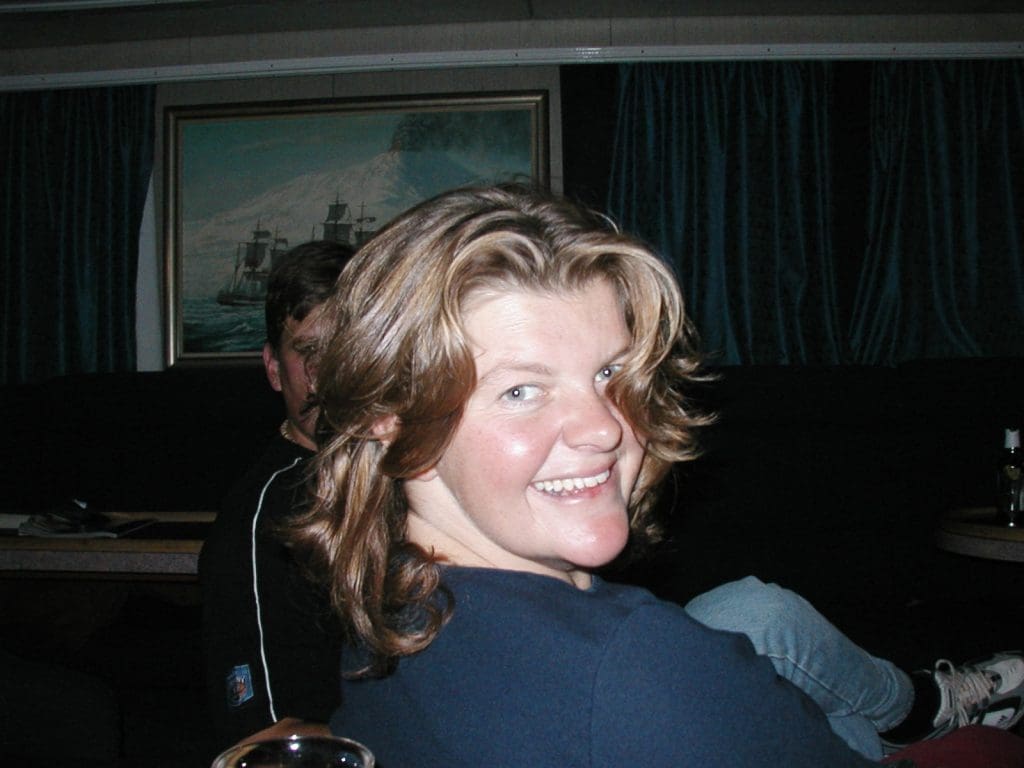
Prof Isabelle Ansorge, as a young researchers, on the Marion cruise onboard the S.A. Agulhas I in 2003.
Author: Anché Louw (Antarctic Legacy of South Africa), 28 August 2018




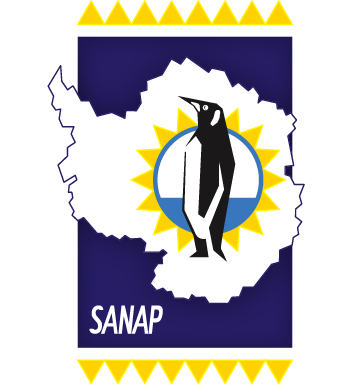

 probably the time to break from studies, our first “Saturday Student” in the Mid-Month series is Kolisa Yola Sinyanya or for those who are familiar with Twitter,
probably the time to break from studies, our first “Saturday Student” in the Mid-Month series is Kolisa Yola Sinyanya or for those who are familiar with Twitter,  She is a PhD candidate in Oceanography at the University of Cape Town (UCT). Her PhD research is part of a growing body of work that critically examines bio-geochemical cycling in the ocean, particularly regions that are currently under-sampled. The research aims involve exploring phytoplankton community dynamics and microbe-nutrient interactions in the Indian Ocean, including subtropical and Southern Ocean waters. To date, Kolisa has been awarded the Advancing Womxn Fellowship in the Department of Oceanography awarded under the “For womxn by womxn: conducting research in a field in which womxn are in short supply” category of a new initiative at UCT championed by the Office of the Vice-Chancellor. She is one of the researchers who were on 5-week cruise to Marion Island in the Sub-Antarctic Indian Ocean in 2017.
She is a PhD candidate in Oceanography at the University of Cape Town (UCT). Her PhD research is part of a growing body of work that critically examines bio-geochemical cycling in the ocean, particularly regions that are currently under-sampled. The research aims involve exploring phytoplankton community dynamics and microbe-nutrient interactions in the Indian Ocean, including subtropical and Southern Ocean waters. To date, Kolisa has been awarded the Advancing Womxn Fellowship in the Department of Oceanography awarded under the “For womxn by womxn: conducting research in a field in which womxn are in short supply” category of a new initiative at UCT championed by the Office of the Vice-Chancellor. She is one of the researchers who were on 5-week cruise to Marion Island in the Sub-Antarctic Indian Ocean in 2017. in effective science communication through public speaking, scientific writing and television features. In February of 2020, she presented one of her PhD chapters at Ocean Sciences Meeting in San Diego, USA. Towards the end of 2019, the new
in effective science communication through public speaking, scientific writing and television features. In February of 2020, she presented one of her PhD chapters at Ocean Sciences Meeting in San Diego, USA. Towards the end of 2019, the new  She has taken part in several science communication activities, including
She has taken part in several science communication activities, including  Kolisa is also a fun loving, unconventional and free-spirited woman who has a passion for advancing the lives of others, especially young women and girls from all walks of life. Her message to fellow students:
Kolisa is also a fun loving, unconventional and free-spirited woman who has a passion for advancing the lives of others, especially young women and girls from all walks of life. Her message to fellow students: 






